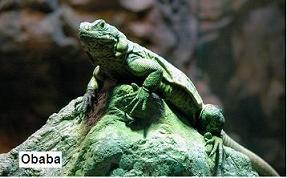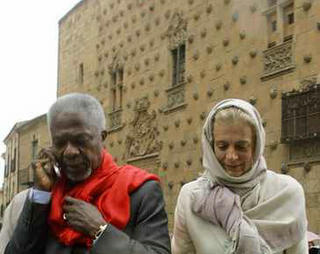Una riña de amigos
Son dos chicos altos, grandes, con la voz ya cambiada. Están en esa tierra de nadie que es la adolescencia, mitad niños mitad adultos.
Manu pide la palabra. Todos le escuchan. Es respetado por el resto. Nos cuenta un episodio de la hora de lengua.
Summary:
(Free translated by an English student. We apologize for mistakes)
Friends´argument
They are tall boys, with deep voice. They are now in the no-man’s-land which is the adolescence, they are neither boys nor men.
Manu has the floor. All students in class listen. He is respected by the rest. He tells to us and episode of the language class.
Manu and Richi are listening attentively the lesson. Manu doesn’t understand and looks at his classmate with such a surprise face that Richi can’t avoid laughing.
The teacher tells them off.
One blames the grimace of the other. So, the teacher declares satisfied with the explanation. The whole class notice that both are angry and sit together no longer.
Manu have come out of it worse:
-Since then the teacher ignores me, says sadly.
******
It is just an anecdote, but it seems to me very adorable that an adolescence worries in this manner.
It was very long since I saw it for the last time.
I hope to know soon that they both are friends again and that Manu is well-considered as he deserves.
Manu pide la palabra. Todos le escuchan. Es respetado por el resto. Nos cuenta un episodio de la hora de lengua.
Manu y Richi están escuchando atentamente la explicación. Manu no entiende y mira a su compañero con tal cara de sorpresa que Richi no puede evitar reirse.
El profesor les regaña.
Uno le echa la culpa a las muecas del otro. Así que, el profesor queda satisfecho con la explicación. Todos los demás se dan cuenta de que los dos están enfadados y que ya no se sientan juntos.
Manu ha salido peor parado:
- Es que desde entonces el profesor me ignora, dice dolido. Es una simple anécdota pero me resulta adorable que un adolescente se preocupe así.
Hacía mucho que no lo veía.
Espero averiguar pronto que vuelven a ser amigos y que Manu es apreciado en lo que vale.Summary:
(Free translated by an English student. We apologize for mistakes)
Friends´argument
They are tall boys, with deep voice. They are now in the no-man’s-land which is the adolescence, they are neither boys nor men.
Manu has the floor. All students in class listen. He is respected by the rest. He tells to us and episode of the language class.
Manu and Richi are listening attentively the lesson. Manu doesn’t understand and looks at his classmate with such a surprise face that Richi can’t avoid laughing.
The teacher tells them off.
One blames the grimace of the other. So, the teacher declares satisfied with the explanation. The whole class notice that both are angry and sit together no longer.
Manu have come out of it worse:
-Since then the teacher ignores me, says sadly.
******
It is just an anecdote, but it seems to me very adorable that an adolescence worries in this manner.
It was very long since I saw it for the last time.
I hope to know soon that they both are friends again and that Manu is well-considered as he deserves.



